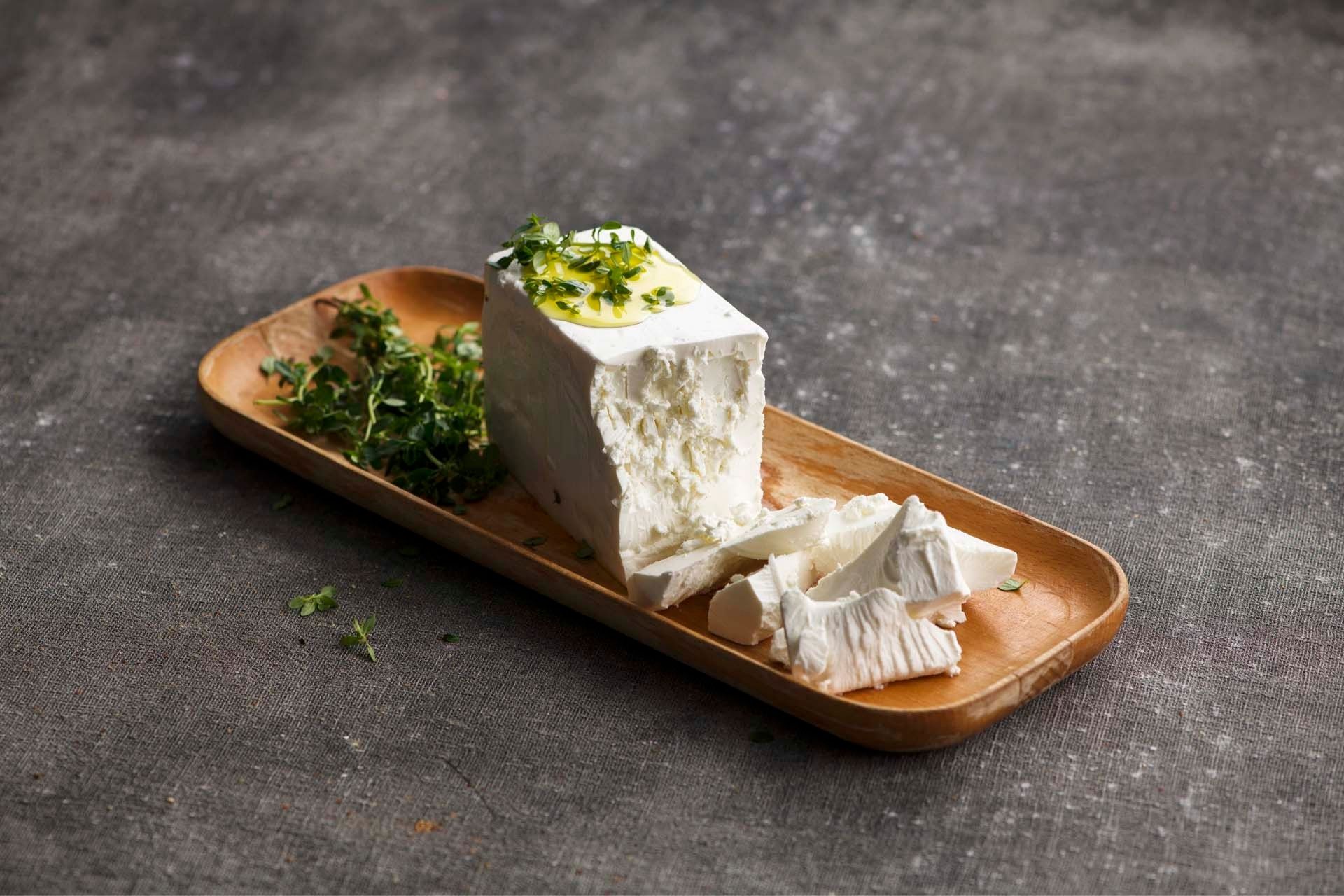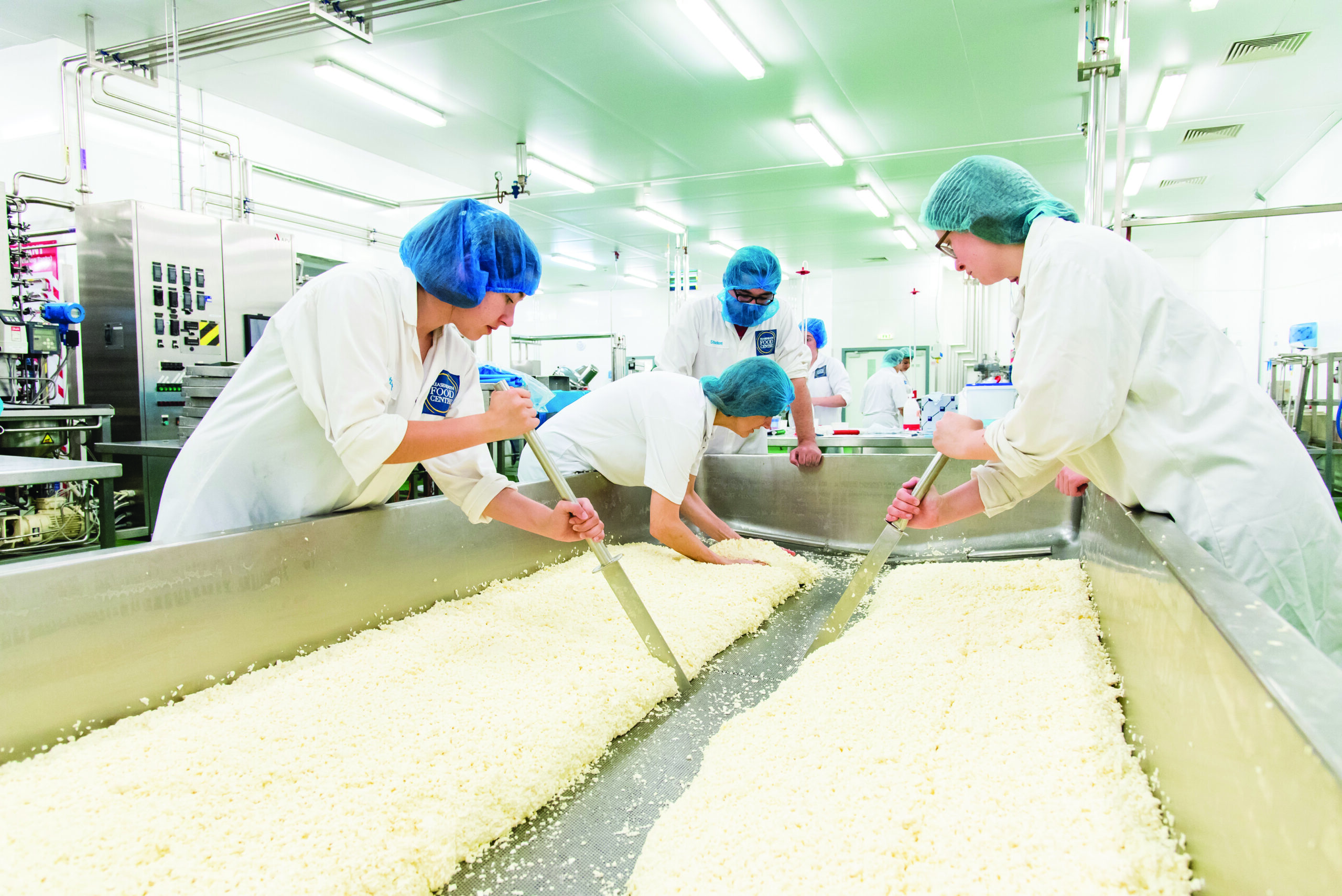Buy Quality Cheese for Sale Online Melbourne's Finest
A Thorough Look at Cheese Manufacturing: Active Ingredients, Methods, and the Future of Craftsmen Cheeses
The elaborate procedure of cheese manufacturing is an interesting merging of art and scientific research, where high-grade milk, rennet, and specific bacterial societies offer as fundamental components. As the market significantly focuses on sustainability and openness, the future of artisan cheeses assures to show both heritage and progression.
Trick Components in Cheese Manufacturing
A variety of essential components play a critical role in cheese production, each adding to the last item's flavor, appearance, and character. The key ingredient in cheese is milk, which can originate from various sources, including cows, goats, and sheep - cheese for sale online. The sort of milk utilized dramatically affects the cheese's preference and uniformity; as an example, cow's milk usually generates creamier cheeses, while goat's milk typically creates zesty selections
An additional essential ingredient is rennet, an enzyme used to curdle the milk, separating it right into curds and whey. The source of rennet can be animal, vegetable, or microbial, each imparting distinct characteristics to the cheese. Cultures, including particular pressures of microorganisms, are also integral to the cheese-making procedure. They ferment lactose right into lactic acid, assisting in flavor development and appearance.
Salt not only improves the flavor however additionally acts as a chemical, hindering the development of unwanted germs. In addition, different flavoring agents, such as natural herbs, flavors, or perhaps smoked wood, can be included to produce special artisanal cheeses. With each other, these ingredients develop the structure of cheese manufacturing, setting the stage for varied and rich cheese selections.
Conventional Cheese-Making Strategies
Making use of conventional cheese-making methods, craftsmens all over the world protect classic methods that have actually been passed down through generations. These methods commonly stress the use of top quality, locally sourced milk, which is main to the distinct tastes and structures of artisanal cheeses. The procedure usually begins with the mindful home heating of milk, adhered to by the enhancement of cultures and rennet to promote coagulation.
Once the curds form, they are reduced, enabling whey to drain, a crucial action that affects moisture web content and appearance. Salting is an important facet of this procedure, improving flavor while likewise acting as a chemical.
Aging, or affinage, is one more crucial part, during which cheeses develop their particular scents and preferences. Artisans might use specific aging atmospheres, utilizing moisture and temperature controls to fine-tune the cheese's account. The commitment to these traditional techniques not just supports local economic climates however also adds to the abundant variety of cheese ranges found worldwide, commemorating social heritage and artisanal craftsmanship.
Modern Innovations in Cheese Production
How have technical improvements changed cheese production in current years? The assimilation of contemporary innovation has actually changed both the efficiency and quality of cheese manufacturing.
In addition, innovations in microbiology have allowed cheesemakers to select specific bacterial cultures and enzymes, enhancing flavor accounts and enhancing rack life. Making use of sensing unit innovation for keeping track of fermentation conditions has likewise come to be prevalent, permitting for real-time adjustments to preserve optimal atmospheres for cheese aging.

These developments not only boost the quality and sustainability of cheese production yet also encourage craftsmen manufacturers to keep standard tastes while welcoming modern performance. As modern technology continues to advance, the future of cheese manufacturing looks promising, blending tradition with technology.
The Role of Terroir in Cheese
In the world of cheese production, terroir plays an essential duty in specifying the unique characteristics of various cheeses. Terroir, a French term traditionally related to red wine, incorporates the environmental aspects that affect agricultural products, consisting of soil structure, environment, and local plants and fauna. In cheese-making, the special features of the region where the milk this post is sourced can convey particular tastes and textures to the end product.
As an example, the grazing problems of dairy products animals significantly influence the milk's structure, affected by the sorts of grasses and herbs readily available in a certain place. This differs not just between nations but likewise between areas within the exact same country. Additionally, the microbial areas present in the atmosphere add to the fermentation processes, resulting in varied accounts in taste and aroma.
Cheeses such as Roquefort, Parmigiano-Reggiano, and Cheddar exhibit exactly how terroir can shape their identities, making them distinctive and often safeguarded by geographical indications. As producers significantly acknowledge the value of terroir, there is an expanding emphasis on sourcing neighborhood components and keeping standard techniques, ensuring that each cheese really shows its beginning.

Future Patterns in Artisan Cheeses
A notable change is occurring in the craftsmen cheese industry, driven by developing consumer preferences and technological improvements. Significantly, customers are inclining unique, high-quality items that emphasize both sustainability and local sourcing - cheese shop melbourne. More Bonuses This fad is prompting artisan cheesemakers to innovate, concentrating on small-batch production and using standard strategies while incorporating modern-day technology to boost quality and security
Furthermore, there is an expanding rate of useful link interest in plant-based and alternative dairy products, pushing standard cheesemakers to check out new avenues, such as cashew or almond-based cheeses. This change not just accommodates dietary limitations but likewise lines up with environmental worries concerning pet farming.
Furthermore, transparency in sourcing and production processes is ending up being extremely important. Consumers are more educated and need traceability, motivating manufacturers to take on clearer labeling practices and participate in narration that highlights their approaches and worths.
Conclusion
In final thought, the detailed process of cheese production melds standard methods with contemporary innovations, causing a diverse variety of tastes and textures. The focus on high-quality active ingredients and the impact of terroir emphasize the creativity associated with cheese production. As the industry evolves, an emphasis on sustainability and transparency will likely form the future of artisan cheeses, providing to an increasingly critical consumer base that values authenticity and craftsmanship in dairy products.